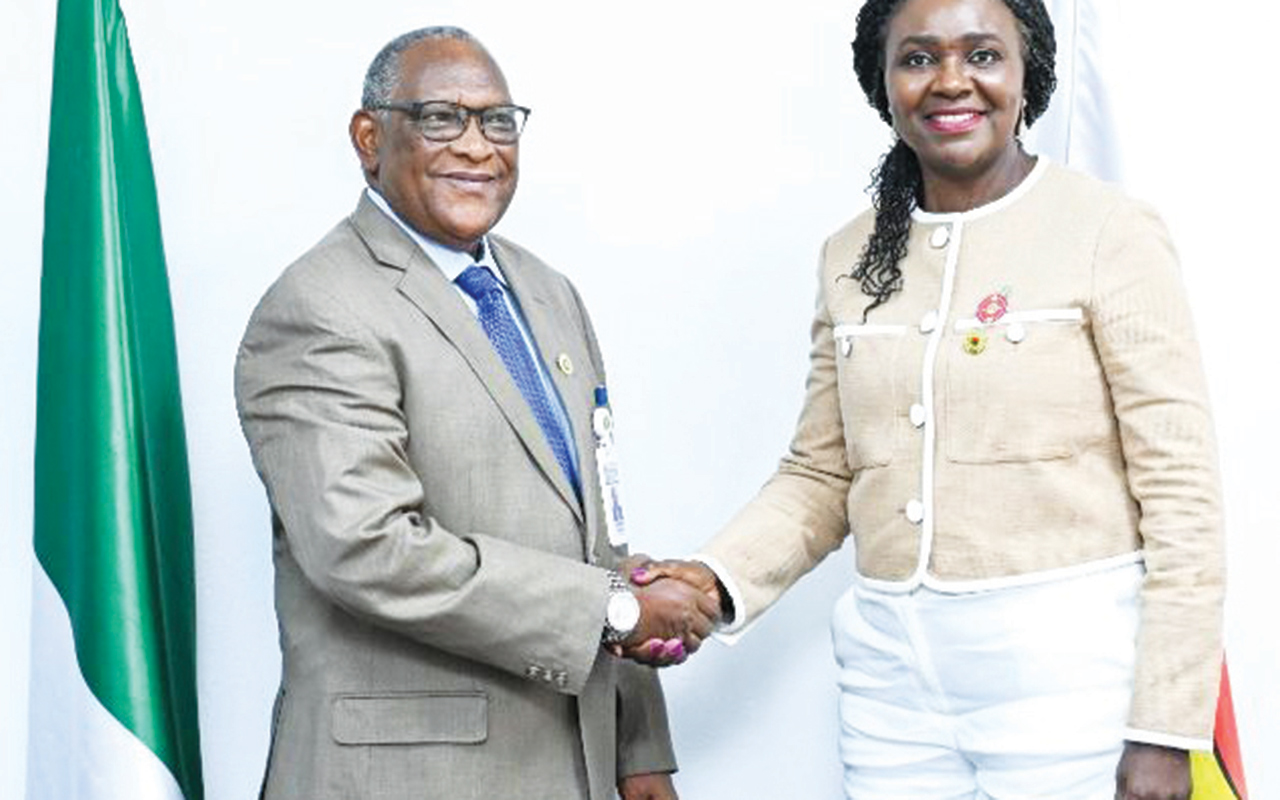
•Digital service shows potential in Nigeria, others
Global e-commerce sales grew by 13 per cent in 2017, hitting an estimated $29 trillion, according to the latest numbers released by the United Nations Conference on Trade and Development (UNCTAD).
The report noted that a similar surge was seen in the number of online shoppers, which jumped by 12 per cent and stood at 1.3 billion, or one quarter of the world’s population.Though most Internet buyers purchased goods and services from domestic vendors, the share of those buying from abroad rose from 15 per cent in 2015 to 21 per cent in 2017, as growth was driven mainly by an increase in the United States.
As a result, cross-border business-to-consumer (B2C) sales reached an estimated $412 billion, accounting for almost 11 per cent of total B2C e-commerce, representing four per cent increase from the previous year’s numbers.
“The new figures show that e-commerce is indeed creating export opportunities. But the question from a development standpoint is whether businesses in developing countries are prepared to seize the opportunities,” UNCTAD Secretary-General, Mukhisa Kituyi, said.He added that this would form discourse at the ongoing eCommerce Week 2019, held from April 1 to 5, at the United Nation’s European headquarters in Geneva, Switzerland.
Little change occurred in the list of the top 10 e-commerce markets, with the United States holding on to its top position. At almost $9 trillion, online sales there were three times higher than in Japan and more than four times higher than in China.The only shuffle in the list was Germany’s overtaking of the Republic of Korea as the fourth largest online market.
While business-to-business (B2B) e-commerce continued to dominate – accounting for 88 per cent of all online sales, B2C was the segment that saw the most growth, increasing by 22 per cent to reach $3.9 trillion in 2017.In the B2C realm, China increased its lead on the United States, while the United Kingdom held on to third place.
But UK consumers were still the most likely to shop on the Internet, with a whopping 82 per cent of people aged 15 and older making purchases online in 2017. Overall, however, China had the largest number of Internet buyers at 440 million.
Meanwhile, UNCTAD noted that digital service delivery showed potential for developing world, including Nigeria.It noted that the exports of services that can be provided online, such as insurance, business processes or financial services, grew yearly by 7-8% over the past decade and were worth $2.7 trillion in 2017.
Although developed economies exported 77 per cent of all digitally-deliverable services in 2017, their share had fallen from 85 per cent in 2005, showing that developing countries are grabbing a bigger piece of the global pie.In fact, the biggest increase in exports over the past decade occurred in developing economies in Asia, whose collective yearly growth rate was 11 per cent between 2005 and 2017.
And a least developed country in West Africa, Sierra Leone, emerged third in digitally deliverable services, as a share of all service exports.“From an economic development perspective, this is important, because it shows the potential of digitalisation for businesses in developing countries that are producing such services,” said Shamika N. Sirimanne, who directs trade and logistics division at UNCTAD.






